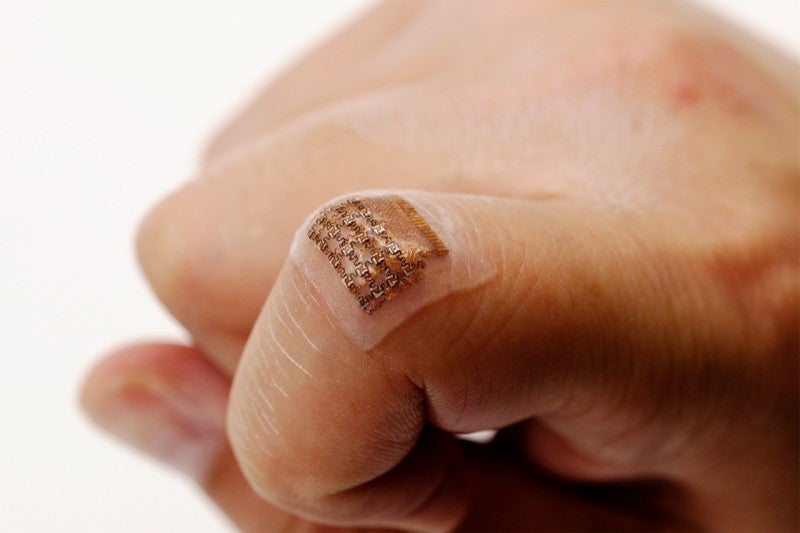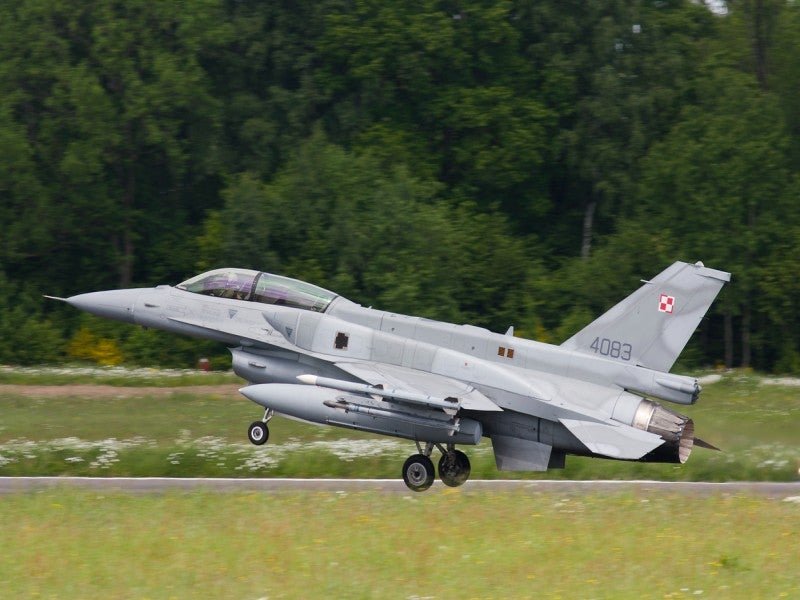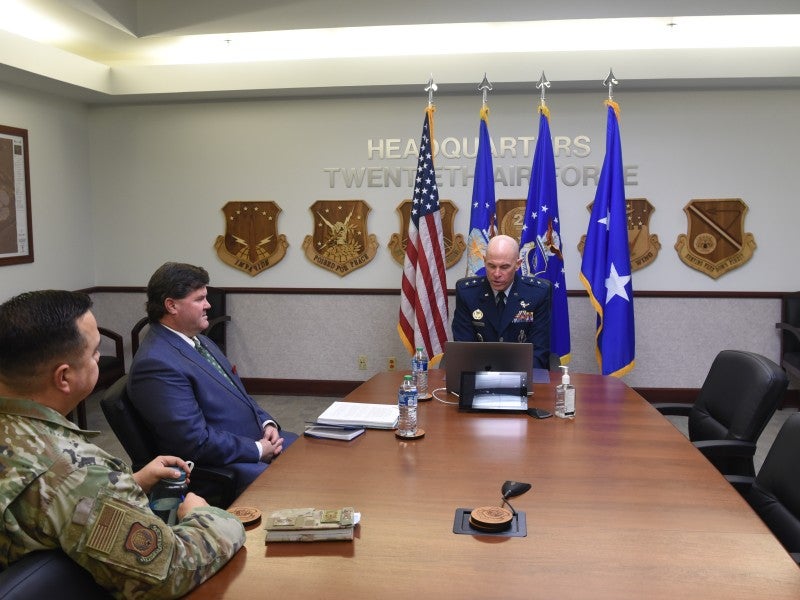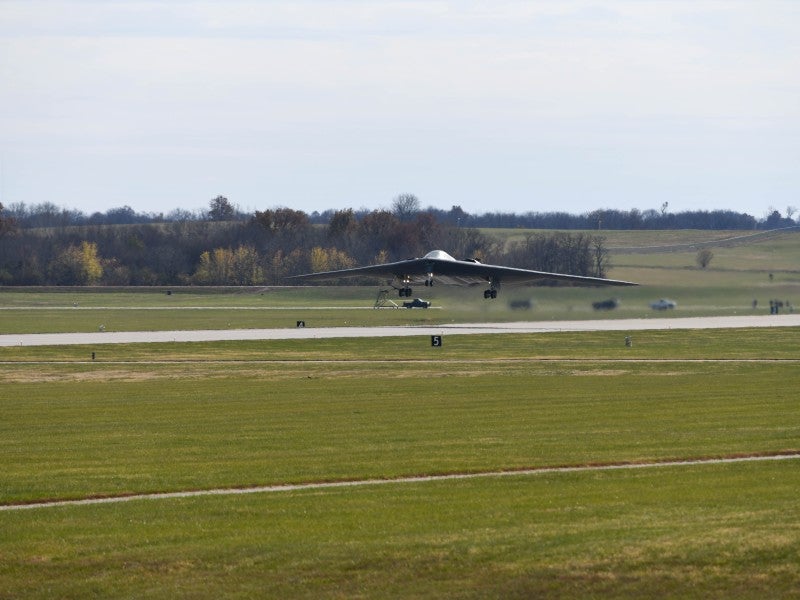
The US Air Force Research Laboratory (AFRL) has launched a new programme to develop wearable biomolecular sensors to measure biomarkers in airmen and guardians.
The related work will be conducted by AFRL’s Materials and Manufacturing Directorate in collaboration with 711th Human Performance Wing, Nano Bio-Materials Consortium (NBMC) and Case Western Reserve University.
The partnership is also known as Biomolecular Structure and Integration for Sensors (Biosis).
The efforts and research conducted by BioSIS since 2018 resulted in the founding of the private spinoff firm Sensate Biosystems.
With the help of funds from NBMC, the university later licensed the AFRL patent and formed its own team to begin the research and development of a wearable molecular sensor for both military and commercial use.
A biomarker is molecular or physiological information that is used to monitor an individual’s health.
One of the key objectives at the programme’s beginning was to identify which biomarkers to research. The researchers eventually selected ‘Neuropeptide Y’, a protein that is available in abundance in the human brain and can be detected from human sweat.
AFRL Materials and Manufacturing Directorate senior materials engineer and BioSIS technical lead Dr Lawrence Drummy said: “We are looking to equip them with more advanced human monitoring capabilities so mission commanders can integrate that information and make rapid decisions.”
According to Drummy, the new technology can be used to track the well-being of personnel during critical missions to monitor when their body is overly stressed or hyper-stimulated.
The biomolecular responses can timely inform the personnel to return to safe zones.
Drummy added: “These wearable sensors can take on a variety of forms such as mouthguards, patches applied to the skin or microneedle patches that just penetrate the epidermis into the interstitial fluid, for example.”




